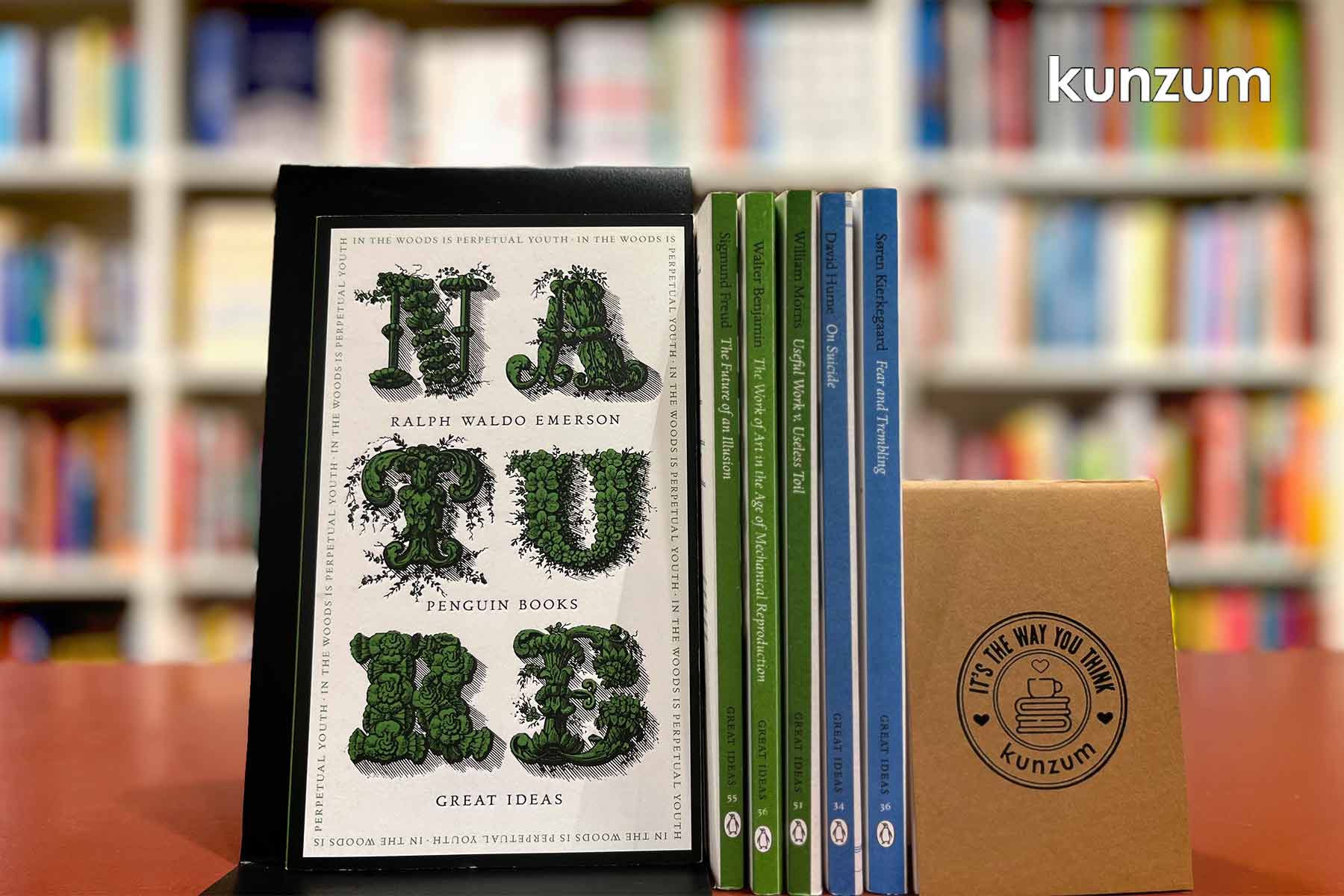
The Penguin Great Ideas series is a collection of influential and thought-provoking non-fiction works published by Penguin Books. These titles are generally considered classics in their respective fields, covering a wide range of topics including philosophy, politics, science, and even some historical accounts. Curated by esteemed editors, this series contains choice works that have had a lasting impact on human thought and understanding.
This assortment of blue and green-spined books, published in 2005 and 2008 respectively, contains an explosive range of titles. From The Work of Art in the Age of Mechanical Reproduction by Walter Benjamin, which explores the impact of mass production on artistic value, and Fear and Trembling by Søren Kierkegaard, a philosophical examination of faith and anxiety, each text is a celebration of some of the greatest minds to grace our shared cultural history. Edited to include only the bare bones and core philosophy of each author, outfitted in covers that boast of visually striking and tactile designs, the Penguin Great Ideas series offers accessible entry points to some of history’s most profound thinkers.
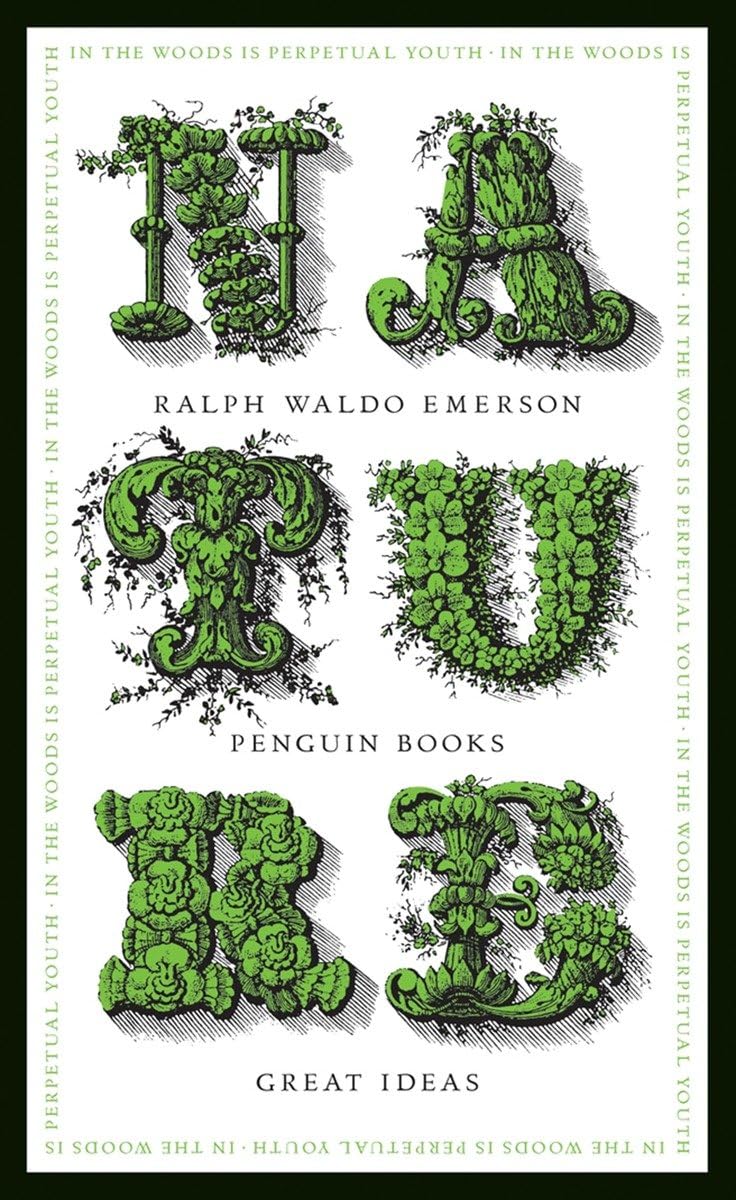
Nature by Ralph Waldo Emerson
The Penguin Great Ideas edition of Ralph Waldo Emerson’s Nature isn’t just a book, it’s a portal to a new way of seeing the world. Emerson, a champion of Transcendentalism, urges us to look beyond the physical and embrace nature’s spiritual essence. Divided into sections like “Beauty” and “Language,” Nature explores how nature uplifts our souls, speaks to us through symbols, and teaches us self-reliance. This beautifully designed volume, with its elegant cover and insightful introduction, will transform your hikes into soul-stirring adventures.
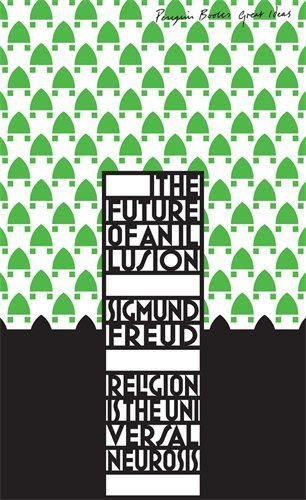
The Future of an Illusion by Sigmund Freud
Freud’s “The Future of an Illusion” unpacks the origins and destiny of religion through a psychoanalytic lens. The famed psychoanalyst argues religion is an illusion, a comforting belief system fulfilling our deepest desires for security and a return to childhood dependence. This slim volume questions the role of religion in a future shaped by reason and scientific progress. The Penguin Great Ideas edition presents Freud’s thought-provoking work in an accessible format, making it a compelling read for anyone interested in psychology, religion, and society.

The Work of Art in the Age of Mechanical Reproduction by Walter Benjamin
Walter Benjamin’s “The Work of Art in the Age of Mechanical Reproduction” explores how photography and film alter our perception of art. Benjamin argues that mechanical copies lack the “aura” of unique originals, traditionally tied to ritual and tradition. This shift, he suggests, has both positive and negative implications. The essay’s beautiful, concise and thought-provoking design complements Benjamin’s critical exploration of art, culture, and the rise of mass media in the modern age.
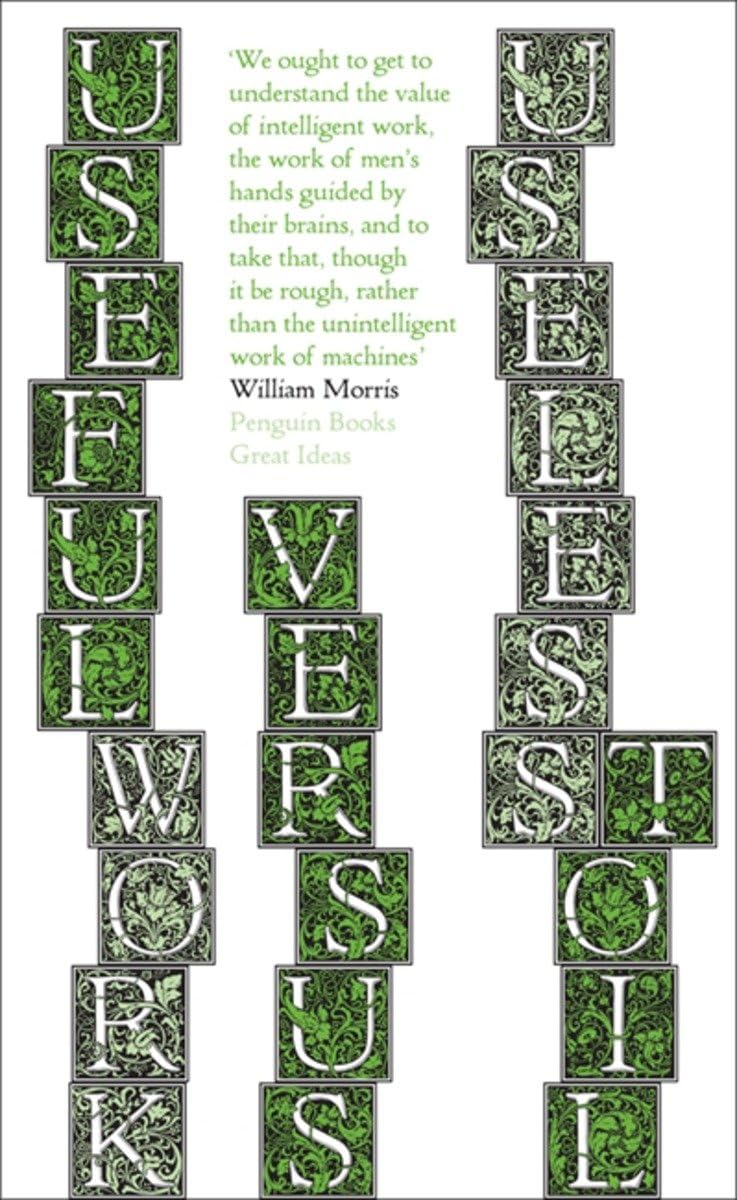
Useful Work v. Useless Toil by William Morris
Going beyond the infamous ‘work smart not hard’ quip, Morris’ fiery essay systematically challenges our definition of work, forcing us to realign our perceptions of what constitutes ‘productivity’. Morris, a socialist and artist, argues against the soul-crushing “useless toil” of industrialised society. He envisions a world where work is “useful,” a source of pride and creativity. Morris critiques the mass production of shoddy goods, advocating for craftsmanship and beauty in everyday objects.
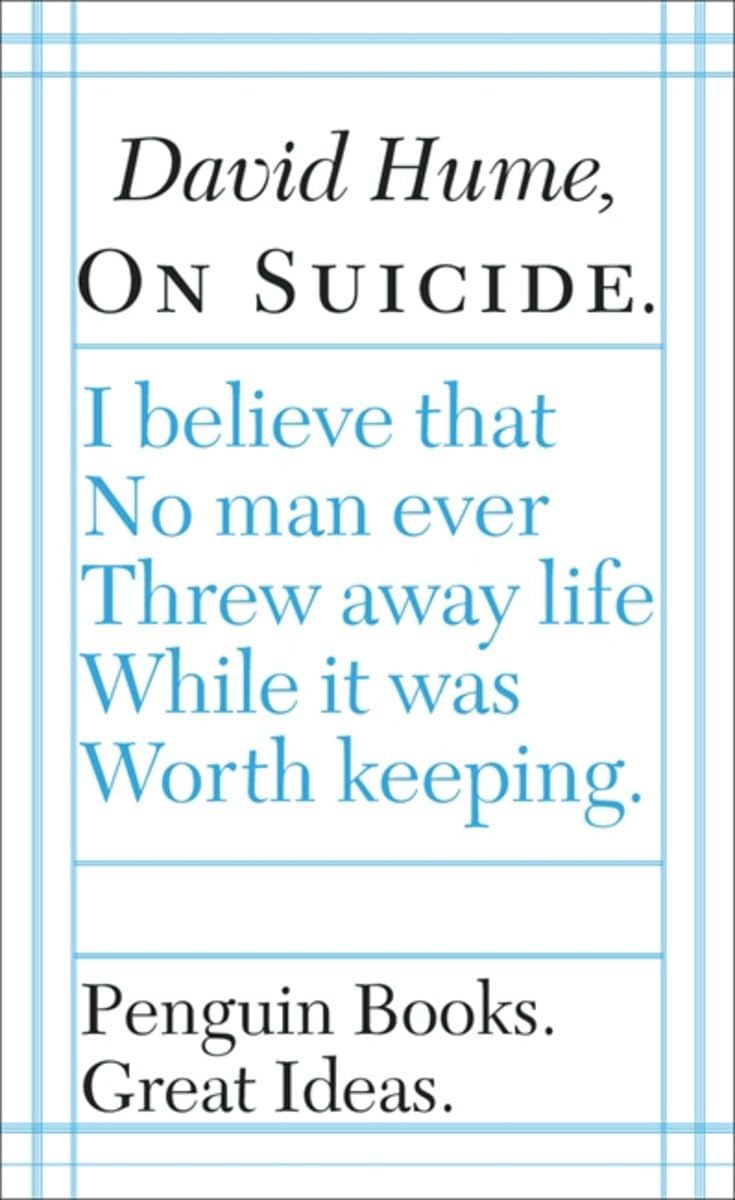
On Suicide by David Hume
David Hume’s “On Suicide,” a part of the Penguin Great Ideas series, challenges traditional views. This Enlightenment thinker argues against religious and societal condemnation of suicide. Hume, known for his scepticism, dismantles arguments based on divine authority or natural law. He proposes that suicide, in extreme cases of suffering, can be a rational choice. The Penguin edition makes for a controversial yet important contribution to ethical debates.
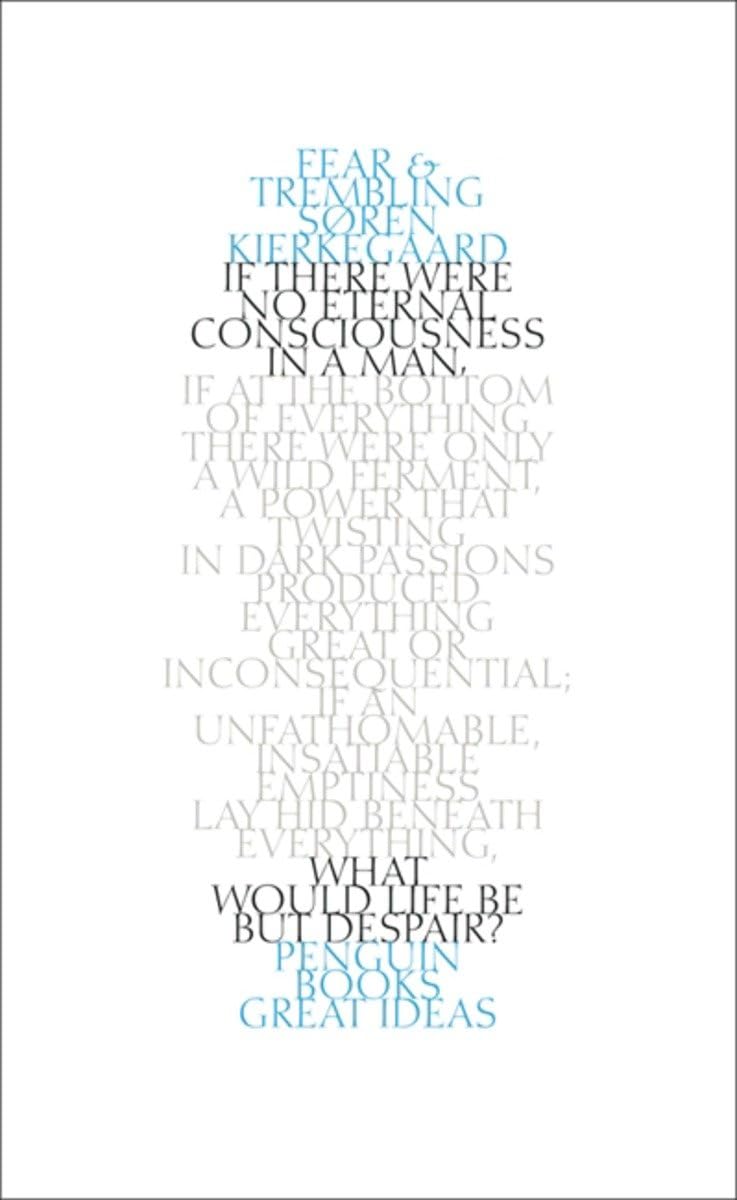
Fear and Trembling by Søren Kierkegaard
Søren Kierkegaard’s “Fear and Trembling,” a Penguin Great Ideas edition, delves into the paradox of faith through the lens of Abraham’s near-sacrifice of Isaac. Kierkegaard, a founding figure of existentialism, argues that true faith transcends reason. The book explores this “leap of faith,” contrasting the rigours of ethics with religious devotion.
Pick up any one of these 6 Existential Penguin Great Ideas from any Kunzum store or WhatsApp +91.8800200280 to order. Buy the book(s) and the coffee’s on us.
